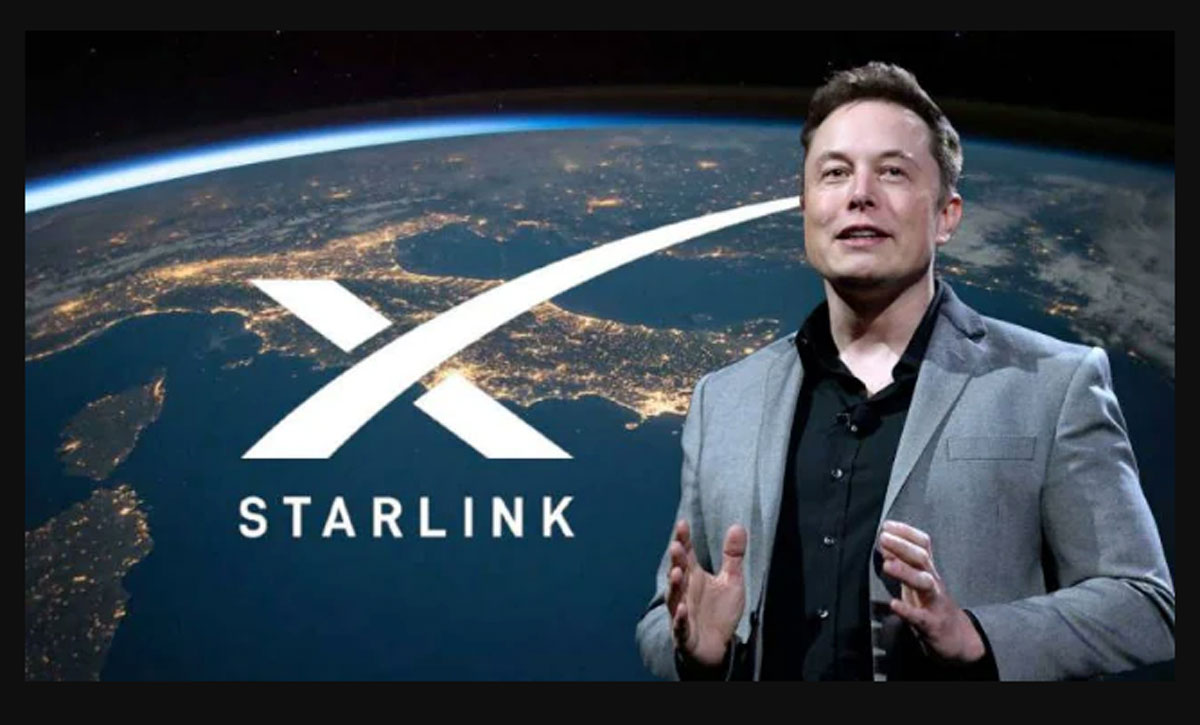OpenAI Going Public: Pros and Cons of the IPO
What an OpenAI IPO Could Mean for Investors and the AI Industry
OpenAI, the artificial intelligence research lab behind ChatGPT, DALL·E, and other groundbreaking AI models, has remained a private entity since its founding in 2015. However, speculation about an OpenAI initial public offering (IPO) has grown as the company expands its commercial offerings.
An OpenAI IPO would be one of the most significant tech debuts in years, reshaping the AI landscape and offering investors a chance to capitalize on the AI boom. But going public also comes with risks and challenges. Below, we explore the key pros and cons of an OpenAI IPO.
Pros of an OpenAI IPO
1. Access to Capital for Rapid Expansion
Going public would provide OpenAI with a massive influx of capital, allowing it to accelerate research, hire top talent, and scale infrastructure. AI development is expensive—training large language models (LLMs) like GPT-4 costs millions in computing power. An IPO could secure the funding needed to stay ahead of competitors like Google DeepMind and Anthropic.
2. Increased Transparency and Accountability
As a private company, OpenAI operates with limited public scrutiny. An IPO would require greater financial and operational transparency, reassuring investors, partners, and regulators. Public disclosures could also build trust among users concerned about AI ethics and governance.
3. Liquidity for Employees and Early Investors
OpenAI’s employees and early backers (including Microsoft, which invested $10 billion) would gain liquidity through stock sales. This could incentivize talent retention and attract top AI researchers who want equity-based compensation.
4. Market Validation and Competitive Edge
A successful IPO would validate OpenAI’s business model, boosting its credibility. Publicly traded status could also strengthen partnerships with enterprises adopting AI, giving OpenAI an edge over private competitors.
5. Democratized Investment Opportunity
Retail investors currently have no direct way to invest in OpenAI. An IPO would allow everyday traders to buy shares, democratizing access to one of AI’s most influential players.
Cons of an OpenAI IPO
1. Pressure to Prioritize Profits Over Ethics
OpenAI was founded as a non-profit with a mission to ensure AI benefits humanity. Going public could shift focus toward short-term profits, potentially compromising ethical AI development. Shareholders may demand faster commercialization, leading to rushed or less responsible AI deployments.
2. Regulatory and Public Scrutiny
Public companies face intense regulatory oversight. OpenAI’s AI models already draw scrutiny over misinformation, bias, and job displacement. An IPO could amplify these concerns, inviting stricter regulations that may hinder innovation.
3. Volatility and Market Risks
Tech IPOs can be volatile, especially in AI, where hype often outpaces reality. If OpenAI fails to meet growth expectations, its stock could plummet, damaging its reputation and financial stability.
4. Loss of Strategic Flexibility
Private companies can pivot quickly; public firms must answer to shareholders. OpenAI might lose agility in research directions, forced to prioritize revenue-generating projects over long-term breakthroughs.
5. Potential Conflicts with Microsoft
Microsoft, OpenAI’s biggest investor, integrates its AI models into Azure and Office. If OpenAI goes public, Microsoft’s influence could clash with other shareholders’ interests, creating governance challenges.
Key Factors That Could Influence an OpenAI IPO
1. Market Conditions
A strong tech market would favor OpenAI’s IPO, while economic downturns could delay or reduce valuation.
2. Regulatory Environment
Governments worldwide are drafting AI regulations. Unfavorable laws could deter OpenAI from going public.
3. Competitive Landscape
If rivals like Anthropic or Cohere go public first, OpenAI may feel pressured to follow—or risk losing investor interest.
4. Revenue Growth
OpenAI’s valuation hinges on monetization success. ChatGPT’s subscription model and enterprise deals must prove sustainable.
Final Considerations
An OpenAI IPO presents exciting opportunities but also significant risks. Investors must weigh the potential for massive growth against ethical concerns and market uncertainties. The decision will shape not just OpenAI’s future, but the broader AI industry.

